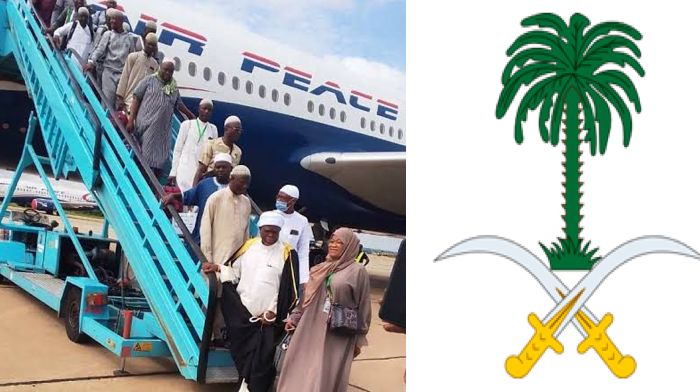In recent times, the issue of mass deportations has stirred global concern, drawing attention to the underlying causes and implications of such actions. The deportation of 177 Nigerians from Jeddah, Saudi Arabia, has sparked significant interest and raised questions about the reasons behind this decision.
Saudi Arabia, like many other countries, enforces strict immigration laws, often resulting in the deportation of individuals found to be in violation of these regulations. In the case of the 177 Nigerians deported from Jeddah, it is crucial to explore the possible reasons and factors that led to this mass expulsion.
One primary cause for such deportations usually stems from violations of Saudi Arabia’s immigration laws. This could include overstaying visas, engaging in unauthorized work, or entering the country illegally. Individuals who breach these regulations face deportation as per the country’s strict policies.
Another probable cause could be related to work permit irregularities. Foreign nationals working in Saudi Arabia are required to have valid work permits and abide by the terms specified in them. Any discrepancies or violations regarding work permits could lead to deportation.
In some cases, deportations may also be linked to security concerns. Governments, including Saudi Arabia, prioritize national security and may deport individuals perceived as potential threats or involved in activities deemed detrimental to the country’s security interests.
Nations periodically conduct crackdowns on illegal immigrants to enforce their immigration policies. This deportation of Nigerians might be part of Saudi Arabia’s broader effort to curb illegal immigration and maintain strict control over its borders.
Occasionally, deportation incidents might also impact diplomatic relations between countries. While it’s important to avoid speculation, diplomatic tensions or issues between Nigeria and Saudi Arabia could potentially influence such deportation decisions.
Understanding the complexities surrounding immigration policies and their enforcement is essential in comprehending the deportation of 177 Nigerians from Jeddah. It is imperative to note that while such actions may seem abrupt or harsh, they often align with the host country’s legal framework and immigration policies.
Deportations not only affect the individuals involved but also highlight broader issues related to immigration, international relations, and human rights. They underscore the necessity for comprehensive immigration reforms, transparent policies, and diplomatic engagements among nations to address these challenges.
The deportation Incident emphasizes the importance of respecting host countries’ laws and regulations while also advocating for fair treatment and proper legal procedures for immigrants, ensuring their rights are protected regardless of their status.
In conclusion, the deportation of 177 Nigerians from Jeddah underscores the need for a deeper understanding of immigration laws, adherence to legal frameworks, and concerted efforts towards diplomatic resolutions to prevent such incidents and protect the rights of all individuals involved.
Mustapha Abdullahi 300 level student in Mass Communication Department Borno State University, Maiduguri.



